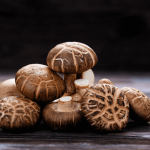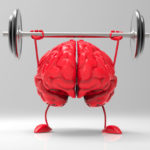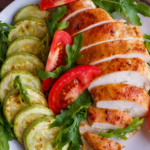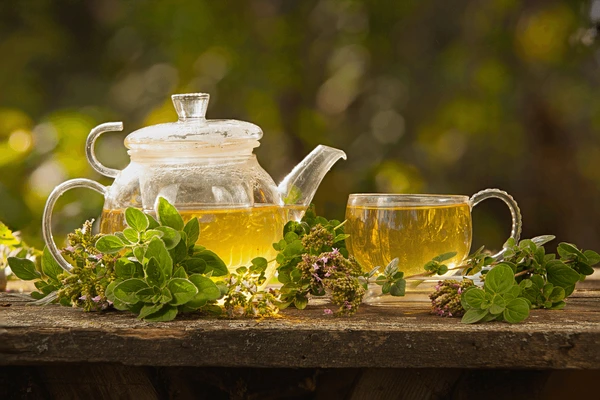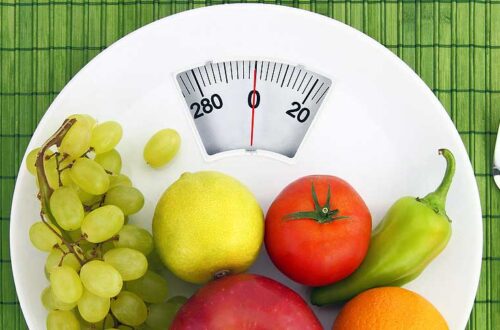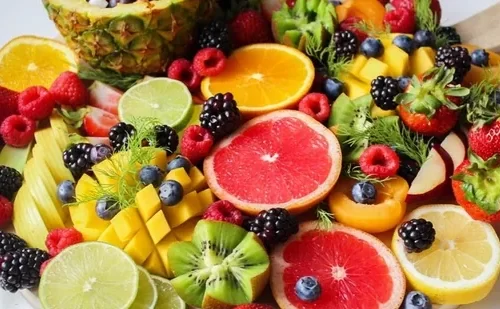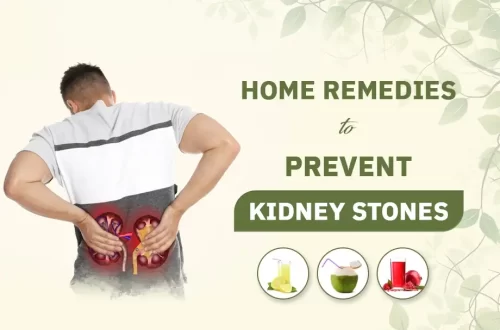How a Balanced Diet Can Improve Your Travel Health
Traveling can be one of the best parts of life. It gives you the chance to see new places, meet different cultures, and have fun adventures. However, it can also cause different health problems, especially when trying to keep a healthy diet.
The food you eat when you travel can greatly affect how you feel, including your energy and health. This essay will look at how eating well can make you healthier while traveling, give advice on how to eat healthily when you’re on the go, and share ways to deal with common travel problems, including how to avoid jet lag.
The Importance of a Balanced Diet
Eating a healthy mix of foods is important for staying healthy. It usually has different kinds of foods from all the food groups: fruits, vegetables, whole grains, proteins, and good fats. Each of these food groups gives important nutrients that your body needs to work well.
The Importance of a Balanced Diet
Nutrient Density
Nutrient Density means how much good stuff, like vitamins and minerals, is in a certain amount of food. Foods with high nutrient density have lots of these important nutrients compared to their calories.
Traveling helps us try new foods and ways of eating, but it can also make us choose unhealthy foods. Fast food, quick snacks, and sweet drinks are easy to find, but they don’t have important nutrients.
A balanced diet helps you get the vitamins and minerals you need for a strong immune system, good energy, and overall health. This is especially important when you travel, as you may face new climates and stress.
Energy Levels
Keeping your energy up while traveling is important to enjoy your trip. A healthy diet with whole grains, lean meats, fruits, and vegetables gives you lasting energy.
Foods that have a lot of added sugars and unhealthy fats can make you feel really tired and low on energy. Eating a healthy meal can help keep you awake and energetic while you travel.
Immune Support
Traveling usually means being in new places and coming into contact with germs. Eating a balanced diet can help strengthen your immune system, making you less likely to get sick. Foods high in antioxidants, like fruits and vegetables, can help fight stress in the body and lessen swelling.
Also, adding foods with vitamin C, zinc, and probiotics to your meals can help boost your immune system when you’re busy.
Digestive Health
Digestive Health means how well your stomach and intestines work. Taking care of your stomach health while traveling can be difficult. Changes in what you eat, eating at odd times, and trying new foods can upset your stomach.
Eating a balanced diet that includes plenty of whole grains, fruits, and vegetables can help keep your digestion healthy. Drinking enough water is very important to avoid stomach problems like constipation and bloating.
Plan Ahead
One of the easiest ways to eat healthy while you travel is to plan before you go. Before your trip, look up the local food and find healthy choices. Try to find restaurants that serve fresh, whole foods and vegetarian or vegan meals, as they are usually healthy and full of nutrients.
Also, if you plan to be away for a long time, think about bringing healthy snacks like nuts, seeds, and dried fruits to help keep your energy up between meals.
Choose Wisely at Restaurants
When eating at a restaurant, it can be hard to resist tasty, high-calorie foods, especially when trying local dishes. But choosing carefully can help you keep a healthy diet. Choose meals that have lots of vegetables, healthy proteins, and whole grains.
Choose grilled or baked foods instead of fried ones, and ask for dressings and sauces on the side so you can use less. Remember, balance is important; enjoy local foods without overeating.
Stay Hydrated
Drinking enough water is an important part of a healthy diet, but people often forget about it when they are traveling. Flying can make you dehydrated because the air inside the plane is very dry. Try hard to drink a lot of water during your trip. Try to drink at least eight glasses of water that hold 8 ounces each every day.
You might want to bring a reusable water bottle with you so you can refill it when needed. Don’t drink too much caffeine or alcohol because they can make your body lose more water.
Incorporate Fresh Produce
When you travel, it’s easy to choose quick snacks and ready-to-eat foods. Including fresh fruits and vegetables in your diet is important for staying healthy.
If you can, go to local markets to buy fresh fruits and vegetables. These foods are full of vitamins, minerals, and antioxidants that can help your immune system and keep you healthy.
How to Avoid Jet Lag Through Diet
- Change When You Eat: Before you leave, try to eat your meals at the same times as people do at your destination. This slow change can help your body get used to things faster.
- Drink Water: Not drinking enough water can make jet lag worse, so be sure to drink a lot of water before, during, and after your flight. Try not to drink too much caffeine or alcohol because they can make you dehydrated and mess up your sleep.
- Choose light meals: Big meals can make you feel tired and more worn out. Pick light and easy-to-digest foods like salads, whole grains, and lean meats, especially in the days before your trip.
- Eat Foods High in Melatonin: Foods like cherries, bananas, oats, and tomatoes have melatonin, which can help you sleep better. Eating these foods may help you deal with jet lag.
- Avoid Sugary Foods: Eating a lot of sugar can make you feel tired and give you sudden drops in energy. Choose healthy snacks to keep your energy steady.
- Plan your meals wisely: Eat your last meal near your new bedtime to tell your body it’s time to sleep. On the other hand, if you get to your place in the morning, try not to eat big meals that could make you sleepy.
Conclusion
Traveling can be an amazing experience, but it also has some health challenges. Eating a balanced diet is important for staying healthy while you travel. It helps keep your energy up, supports your immune system, and aids in digestion.
By planning in advance, making thoughtful decisions, and including fresh fruits and vegetables, you can enjoy the tasty food at your destination while taking care of your health.
Also, understanding how to avoid jet lag by eating right and staying hydrated can make your trip even better.
In the end, paying attention to what you eat and making good choices can keep you healthy and full of energy, so you can enjoy traveling more.
Next time you go on a trip, remember how important it is to eat a balanced diet and how it can help you stay healthy while traveling. Have a good trip.
Benefits of Eating Strawberries
Benefits of Eating Pomegranate

A graduate of Computer Science and Information Management Technology. Diploma – Caregiving, Certificates – Dementia and Diabetes Awareness and Management. A researcher, blogger, songwriter, singer and acoustic guitarist. Born in an environment where natural talents such as healing are imparted at our natural birth. This natural talents of healing is the result of our genetic inheritance and the training from family environment.




